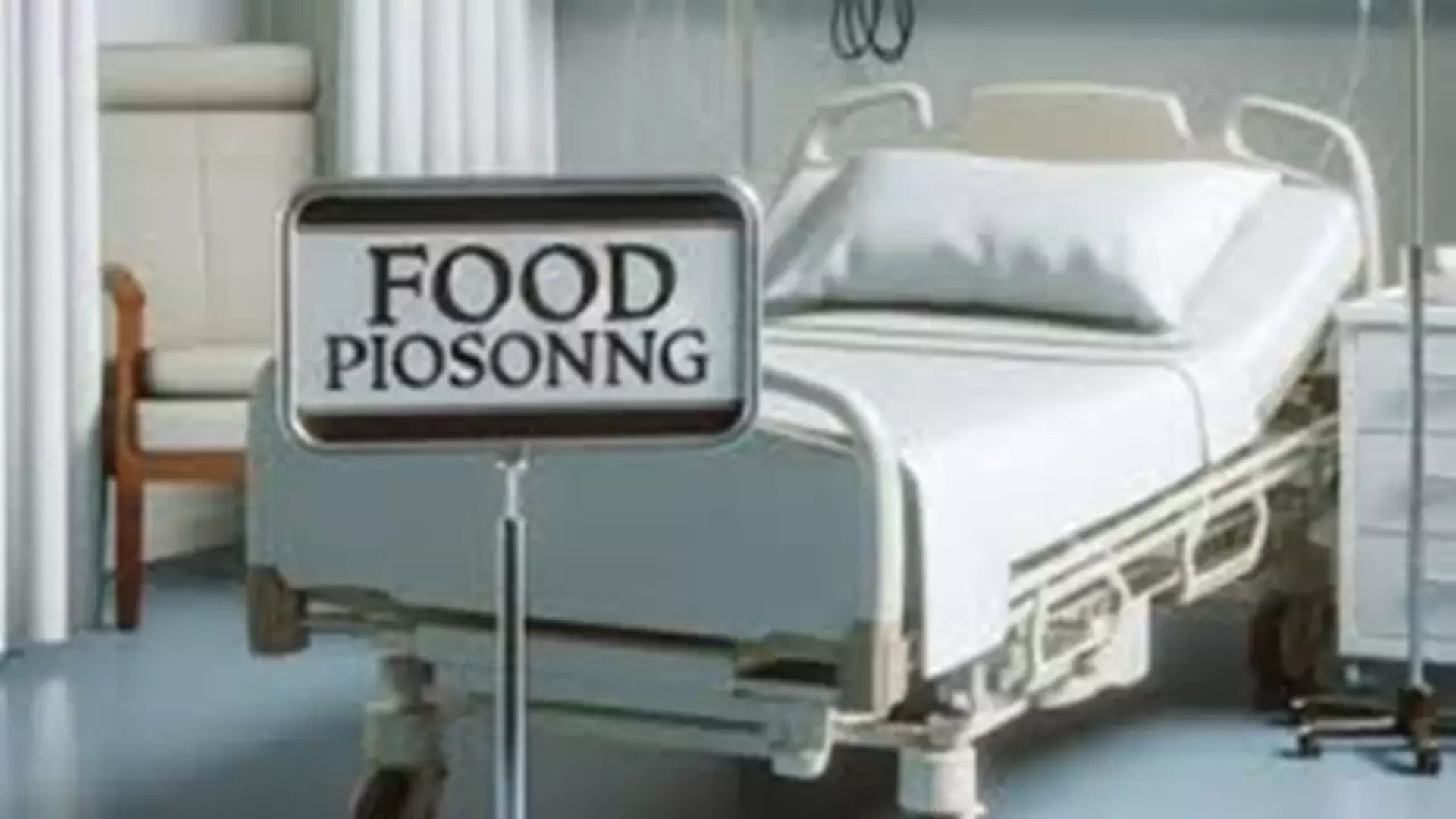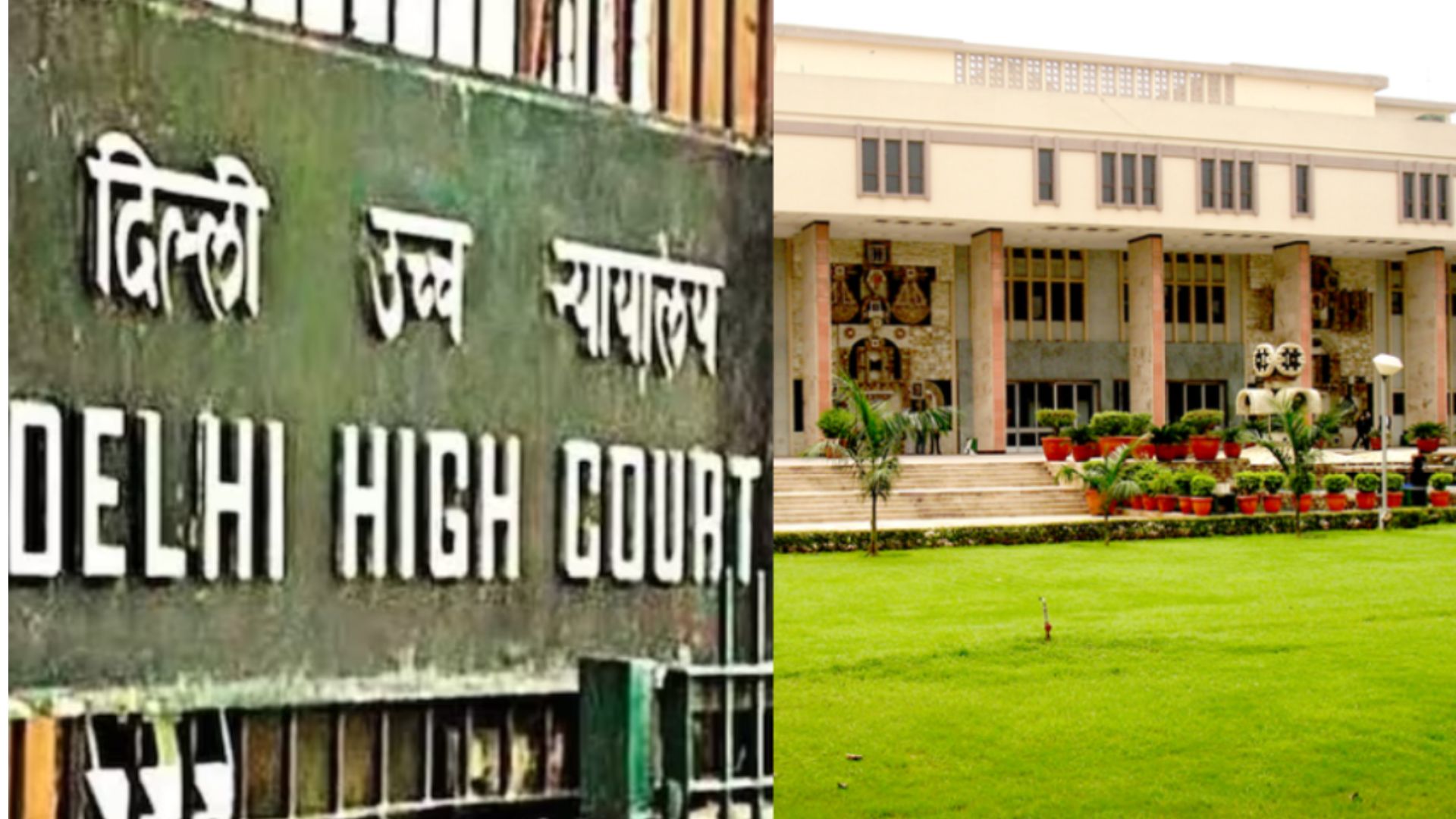
Organ donation is a vital medical practice that offers hope and life to those suffering from severe organ failure. However, many myths and misconceptions surround organ donation, which can deter people from becoming donors. Let’s address and debunk some of these prevalent myths.
Myth 1: “If I register as an organ donor, doctors won’t try as hard to save my life.”
This misconception is unfounded. Medical professionals are dedicated to saving lives and only consider organ donation after all efforts to save a patient’s life have been exhausted. The decision to donate organs is separate from the treatment and care provided to a patient.
Myth 2: “Organ donation is a painful process for the donor.”
Organ donation occurs only after death, so it does not involve any pain or discomfort for the donor. The procedure is conducted with respect and dignity, ensuring that the donor’s body is treated with the utmost care.
Myth 3: “I’m too old or have a medical condition, so my organs won’t be useful.”
Age and medical conditions do not automatically disqualify someone from being an organ donor. Organs are assessed individually for their suitability, and many people with chronic conditions or advanced age have successfully donated organs that have saved lives.
Myth 4: “You have to be a perfect match to donate organs.”
Perfect matches are not always necessary for organ donation. Medical teams use a range of criteria, such as blood type and tissue compatibility, to find suitable matches. Many successful transplants occur with less-than-perfect matches.
Myth 5: “Organ donation is too complicated and expensive.”
The costs associated with organ donation, including medical expenses and transplant procedures, are covered by the recipient’s insurance. Families of donors do not incur additional costs due to donation.
Myth 6: “My organs will be removed too soon.”
Organ removal occurs only after a patient has been confirmed deceased through strict medical protocols. The procedure is carried out with meticulous attention to legal and ethical standards.
Myth 7: “Organ donation is only beneficial to those on a transplant list.”
Organ donation benefits many individuals. For example, a single donor can save up to eight lives through organ donation and improve the lives of many others through tissue donation. Additionally, the availability of organs can advance medical research and improve transplant techniques.
Myth 8: “Organ donors are not allowed to have open-casket funerals.”
Organ donation does not prevent an open-casket funeral. The procedure is carried out with care, and the body is restored to a state that allows for traditional funeral services, respecting the wishes of the donor and their family.
Myth 9: “Organ donation requires a long recovery period for the donor’s family.”
Organ donation does not affect the donor’s family in terms of recovery time. The process is managed with minimal impact on the family’s emotional or physical well-being, focusing on respecting the donor’s wishes and facilitating a dignified process.
Myth 10: “Individuals with tattoos cannot donate organs.”
Yes, you can donate organs even if you have tattoos. Tattoos themselves do not disqualify you from being an organ donor. However, there are some considerations. For instance, if you have a tattoo that was done with non-sterile equipment or if you have a history of certain infections or diseases, this might affect your eligibility. But in general, having tattoos is not a barrier to organ donation.
The truth is that organ donation is a compassionate and respectful process that follows stringent medical and ethical guidelines. It offers a chance to make a profound difference in the lives of those in need, and every registered donor has the potential to save multiple lives. By embracing accurate information and overcoming misconceptions, we can encourage more individuals to consider organ donation, ultimately helping to bridge the gap between those waiting for transplants and the life-saving organs they desperately need.
The author is the General Medicine at Apollo Spectra Hospital, Chennai.















